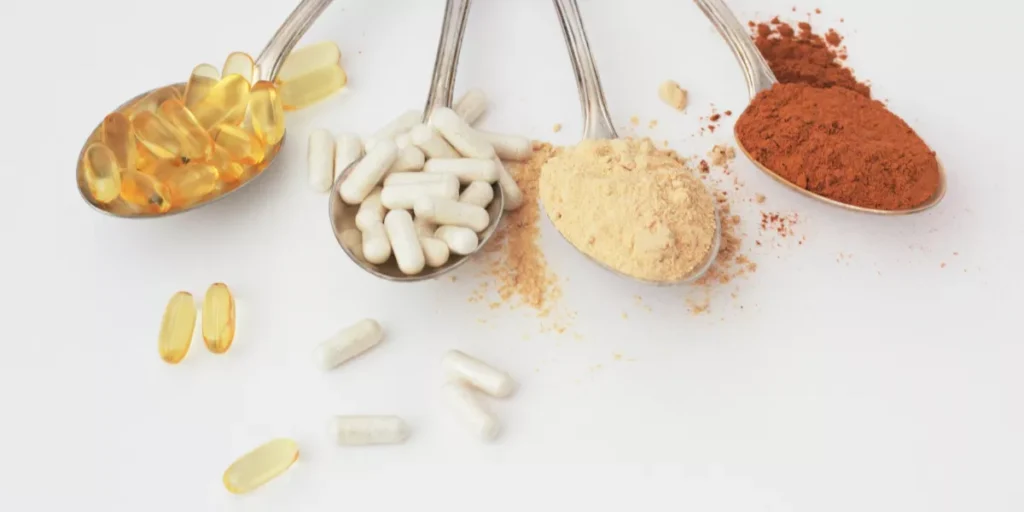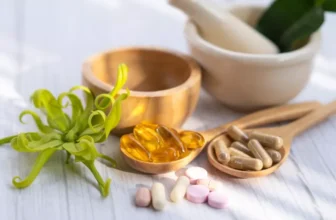
When it comes to probiotics, the benefits extend far beyond just your gut health. These live microorganisms can impact various aspects of your well-being, from boosting your immune system to potentially influencing your mental health. But there’s more to uncover about the power of probiotics that goes beyond what meets the eye. Understanding their full potential and how they can positively affect different areas of your health might just surprise you. So, are you ready to explore the depths of what probiotics can truly offer?
The Science Behind Probiotics
Understanding the science behind probiotics is crucial for grasping their potential health benefits. Probiotics are live bacteria and yeasts that are good for your digestive system. These microorganisms are similar to the beneficial bacteria that naturally reside in your gut. The main types of bacteria that are classified as probiotics include Lactobacillus and Bifidobacterium. These bacteria play a significant role in maintaining a healthy balance in your gut microbiome.
Probiotics work by restoring the natural balance of bacteria in your gut. They can help in breaking down food, absorbing nutrients, and preventing the growth of harmful bacteria. Additionally, probiotics can also help regulate your immune system, reduce inflammation, and improve overall gut health. Research suggests that probiotics may have a positive impact on conditions such as irritable bowel syndrome, diarrhea, and even certain allergies.
Health Benefits of Probiotics
Probiotics offer numerous health benefits that can positively impact your overall well-being. These beneficial bacteria promote a healthy balance of gut microflora, which can enhance digestion and nutrient absorption. By supporting a robust gut microbiome, probiotics help strengthen your immune system, making you more resilient to infections and illnesses.
Moreover, probiotics have been linked to improved mental health outcomes. The gut-brain connection is a powerful axis, and probiotics may play a role in reducing symptoms of anxiety and depression. Additionally, these friendly bacteria can help regulate inflammation in the body, potentially lowering the risk of chronic diseases like heart disease and diabetes.
For individuals with digestive issues such as irritable bowel syndrome (IBS) or lactose intolerance, probiotics may offer relief by easing symptoms and improving gut health. They can also aid in maintaining healthy skin by reducing inflammation and promoting a balanced microbiome. Incorporating probiotic-rich foods or supplements into your routine could contribute significantly to your overall health and well-being.
Incorporating Probiotics Into Your Diet
To introduce probiotics into your diet effectively, consider incorporating probiotic-rich foods such as yogurt, kefir, sauerkraut, or kimchi. These foods contain live beneficial bacteria that can help improve your gut health. Yogurt is one of the most popular sources of probiotics and can easily be included in your daily meals or snacks.
Kefir, a fermented milk drink, is another excellent option that provides a diverse range of probiotic strains. If you enjoy tangy flavors, sauerkraut, a fermented cabbage dish, can be a tasty way to boost your probiotic intake. Similarly, kimchi, a Korean fermented vegetable dish, adds a flavorful kick to your meals while delivering probiotic benefits.
In addition to these food options, you can also explore probiotic supplements available in various forms like capsules, powders, or liquids. However, it’s essential to consult with a healthcare provider before starting any new supplement regimen to ensure it aligns with your health goals.
Tips for Maximizing Probiotic Benefits
For maximum benefit from probiotics, ensure you consume them consistently and pair them with prebiotic-rich foods to promote a healthy gut environment. Consistency is key when it comes to probiotics. Incorporate them into your daily routine to maintain a diverse and thriving gut microbiome. By consuming probiotics regularly, you allow these beneficial bacteria to establish and flourish in your gut, aiding digestion and supporting your immune system.
Pairing probiotics with prebiotic-rich foods can further enhance their effectiveness. Prebiotics are non-digestible fibers that serve as food for probiotics, helping them grow and multiply. Foods like bananas, onions, garlic, and whole grains are excellent sources of prebiotics that can complement your probiotic intake. By combining probiotics with prebiotics, you create a symbiotic relationship that fosters a balanced and healthy gut environment.
In addition to consistency and pairing with prebiotics, staying hydrated is essential for maximizing the benefits of probiotics. Adequate hydration supports digestion and helps probiotics function optimally in your gut. Remember to drink plenty of water throughout the day to ensure your probiotics can work effectively to support your overall well-being.
Health and fitness














